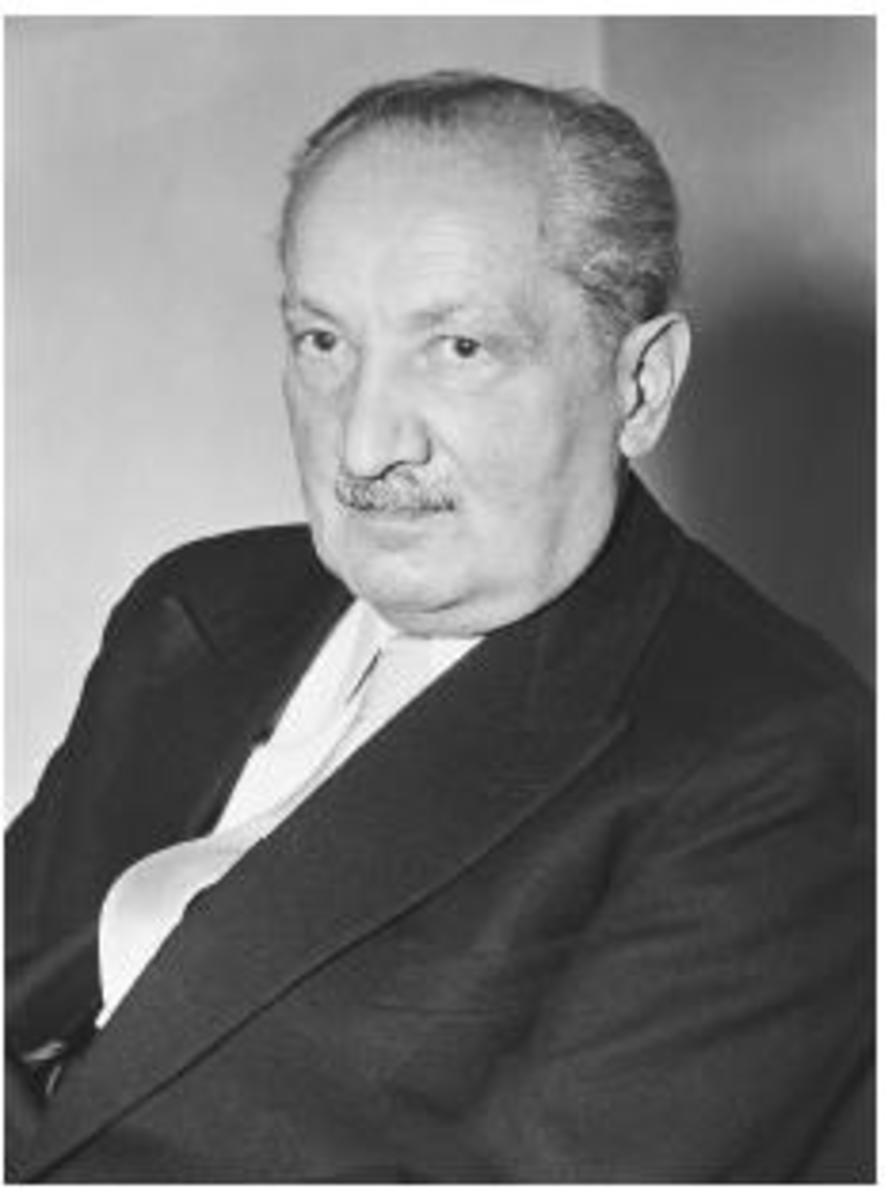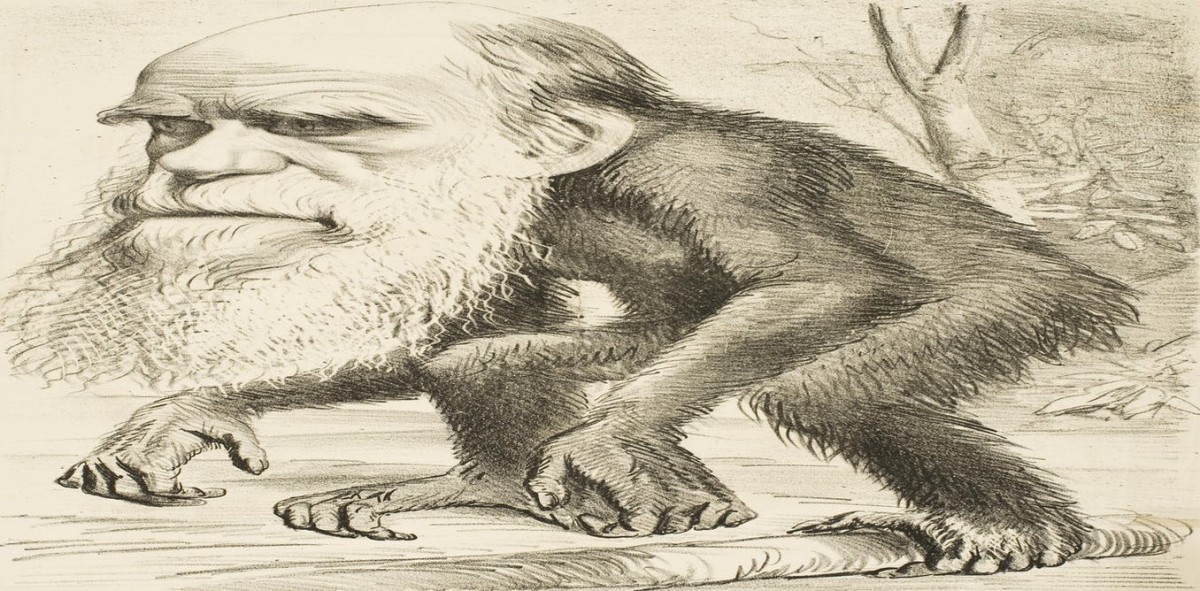Are We Human Beings or Human Doings?

Do you find yourself weighing up your actions and thinking, have I done enough, have I got enough, did I earn enough money, did I do enough work, was I good enough, did I help enough people?
Or do you find yourself asking questions like, do I have enough friends, do I have enough fans on Facebook or enough followers on Twitter (or Hub Pages)?
If you do find yourself asking questions like this, do you ever consider the impact that these questions (and their responses) have on your sense of self-worth?
Where do these thoughts come from? Why do we feel like we need to justify our existence by weighing things up like this? What do we feel when we consider the phrase ‘earning a living’? Does this phrase somehow imply that we have to earn the right just to be here?
When you think back to your schooldays, were you taught that you had to work hard and get good grades or were you taught something else? Did you grow up believing it was OK not to work and not to earn money or did you grow up believing that when you got older you were meant to work a full-time job and ‘earn your living’? Were you taught that your job would become the marker for who you are and that what you do for a living would define you as a person?
When you meet someone for the first time is one of the first questions they ask you “so what do you do?”
If you buy something at a discounted price and feel like you’ve got a bargain, does somebody say to you that you “did well”?
Could we just be happy with who we are and consider ourselves worthy, valuable beings, regardless of what we do?
Has our focus shifted so much towards doing that we subconsciously think of ourselves as human doings and not human beings?
Something’s wrong - do something!
When things start to go wrong in some way, we believe that we need to ‘do’ something about it. Sometimes this is the case - we do need to do something - but at other times perhaps what is required is that we stop doing something. Sometimes we need to stop doing altogether and rediscover what it is to just be. Most of us learn at some stage in our lives the importance of doing but few of us learn the importance of being. Doing can very easily become associated with our sense of self worth. We can fall into the trap of evaluating our worth and judging ourselves based on what we do, how much we do and how good we think that doing is.
A sense of guilt can play a big part in this. It’s easy to feel that if we don’t do enough that we are idle, that we are lazy and it’s easy to believe that we might be punished if we don’t do enough.
What is Being?
In the Western world we have little understanding of what it means to just be. People who practice meditation and mindfulness may be familiar with the concept of being, but what is being?
Some people confuse being with inaction. Being is not the same as being inactive. Similarly, sitting still and thinking can also be seen as a form of doing. Talking can be seen as a form of doing. For most of us, if we stop talking and stop thinking we fall asleep. If we could stop talking, stop thinking and stay awake we may just begin to experience being.
Let it Be
Many systems in nature have the capacity to self-heal and self-organise. There is no doubt that humans have scarred planet earth and caused great destruction - we have destroyed forests, polluted the ground and water, and we have taken from the earth precious resources - but for the most part, given enough time, the planet could heal itself if we simply left it alone. Given enough time forests could regrow (albeit possibly in different places) and water courses could become cleansed. If only we could let it be as The Beatles once suggested.
We humans may also have a similar capacity for self-healing if only we could allow ourselves to be.
Sometimes our ideas about doing are biased very much towards the use of force, whereas often what is required is a more subtle and gentle approach, one of allowing rather than forcing.
You Did Well, You’re OK, You Can Relax
The idea behind doing to make us feel good is that the act of doing will send a signal to the part of us that says “you did well”. Doing becomes associated with receiving positive feedback which in turn improves our sense of self-worth. But if the doing doesn’t bring the sense of achievement that we were looking for then it can do the opposite and send a feedback signal which says “you didn’t do well, it didn’t work out, you got it wrong, you’re not any good after all”.
Ultimately what is happening is that tension is being created from a set of beliefs that say you are not OK, you’re not good and you’re not doing well.
So the important thing is not the doing but the feedback and the mental processes at work. The aspect of your being which says “you did well today” in turn translates into “you’re OK, you can relax” which leads to an improved sense of self-worth. This feedback says you are good.
Now what if we could bypass all the frantic doing and the need to achieve and go direct to creating the mental signal that says “I’m OK, I’m good, I can relax”?
If only we could develop enough presence of mind to notice the self-criticism that goes on in the mind and turn it into self-praise.
Presence of mind is an interesting concept. Being present, being here, being mindful. How much emphasis was placed on these qualities when we were growing up? Running around frantically may get things done but we have to question the value of doing these things if we are not present. Doing and being do not have to be mutually exclusive. If you can be present in the moment then what you do can have meaning and power.
I believe that each of us comes to find our own truth in our own way and in our own time. I hope that by offering just one perspective on this topic and by asking these questions as I have that they will act as a springboard for further insights of your own. If that proves to be the case please share your thoughts and insights in the comments. But before you rush into the doing of commenting please take a few moments to simply BE.
I often find that the process of writing helps me to understand something at a deeper level. This time is no exception. Although writing can be very therapeutic and meditative at times, it is also a form of doing. I also need to take some time out and just BE.
Thanks for reading and happy being.








